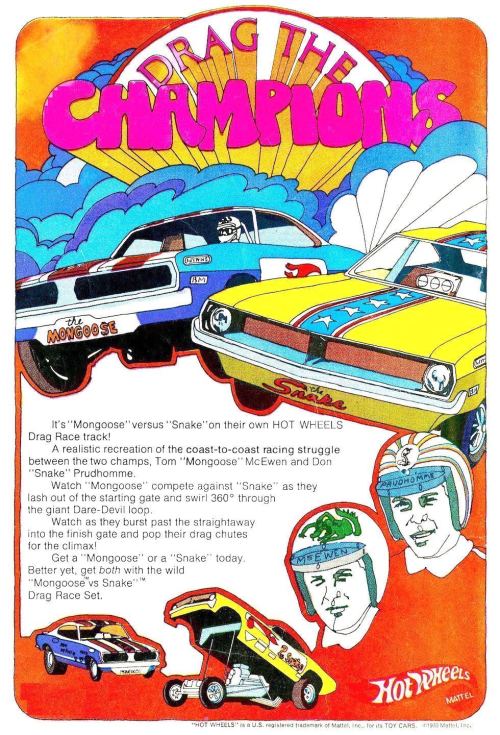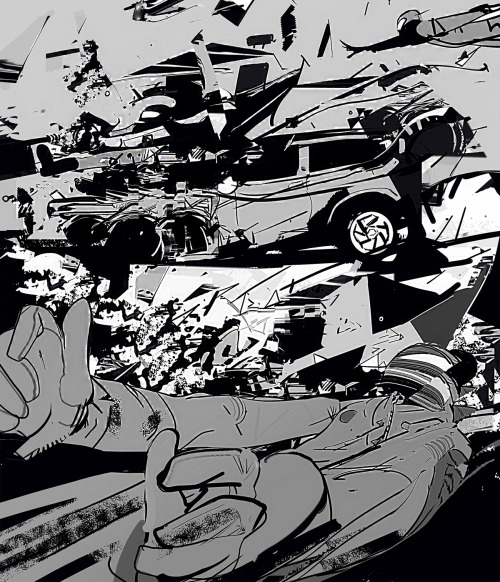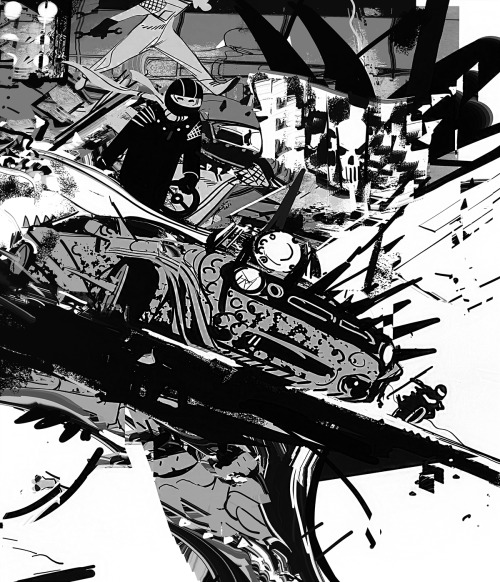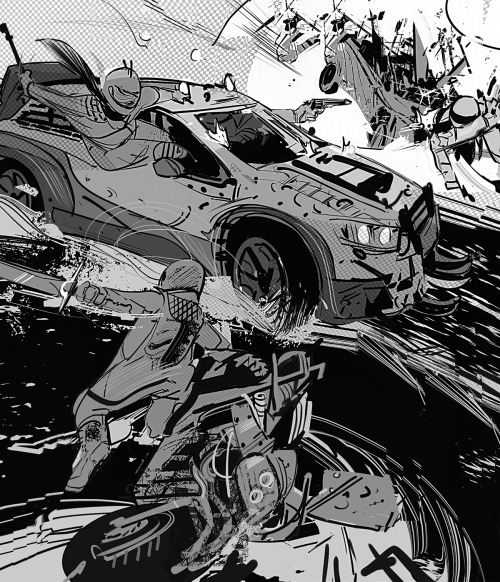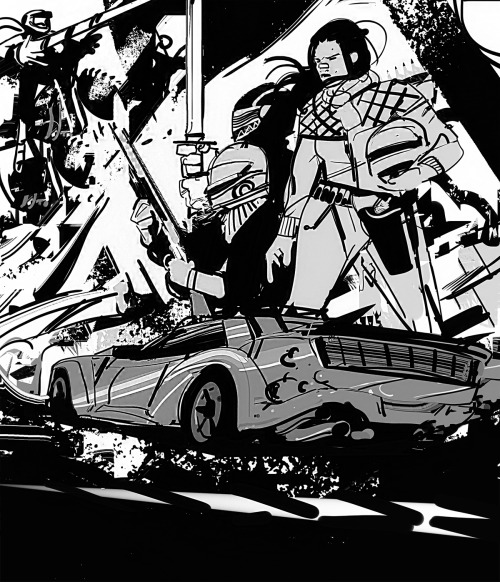#drivers
Mairi Chisholm (and Elsie Knocker, right) at the window of their British Women’s Emergency Corps billet in Flanders, Belgium on July 30, 1917.
Original image source: Library of Congress
Post link
https://www.channelnewsasia.com/commentary/video-bad-driving-car-accident-traffic-police-2289736
WHY WE CAN’T SEEM TO LOOK AWAY [FROM BAD DRIVING]
Psychologists attribute this fascination to “negativity bias”. Evolutionarily, our ancestors survived by paying attention to negative information, such as whether a strange new animal is a threat.
Today, we still spend more time and mental energy when looking at negative stimuli. Laboratory studies show we tend to learn better when punished than when rewarded. In decision-making, even when the intensity of information is equal, negative information has a greater influence than positive information on our judgements.
In other words, we are hardwired to pay more attention to bad driving. We can’t look away because such videos meet our psychological needs.
[…]
DISPLACING OUR FRUSTRATIONS ON BAD DRIVERS
Unfortunately, research suggests that venting is ineffective and may even reinforce the initial anger and frustration.
This brings up more concerns. Our perspective tends to narrow if our indignations are reinforced and biases confirmed. We interpret the same information differently and are more sensitive to negative information. We become more attuned to and are more likely to seek out evidence for bad driving.
We perceive driving in Singapore more negatively and judge it to be more unsafe than it actually is - because memories of bad driving are more readily accessible.
LEARNING TO WITHHOLD JUDGEMENT
What can we do to avoid going down this rabbit hole?
We can look at Noble Laureate Daniel Kahneman’s characterisation of how our brain works in two systems: Type 1 thinking – fast and automatic, and Type 2 thinking – deliberate and effortful.
When we rush to comment on a video or publicly shame someone on social media, we often engage in Type 1 fast thinking and intuitive decision making. The key is to guard against this trigger-happy instinct.
Instead, let’s pause, withhold immediate judgement and try Type 2 thinking. Were there environmental factors that we haven’t considered? Does the video show the full story of the incident? Is what we watch truly representative of our full driving experience or just another eye-catching entertaining clip we can shake our head at after an uneventful drive home?
Although we have a negativity bias, the documented transformational effects of positive acts and thoughts can be powerful.
Just as venting can lead to a downward spiral, acts of graciousness and considerate driving can lead to a virtuous cycle…
Mr. Gordon Ruxton humbly dedicates the present exvoto to Saint Christopher in gratitude for giving him his protection all these years which he dedicated himself to travel in his truck by the highways of Kansas and Missouri, always coming back home to his family safely.
Wichita, 2018
Post link
Thank you to the very nice lady who had my mini helmet signed by the @ Indycar drivers & gave it to me as a memento. pic.twitter.com/mwzkb46xEq
— Dario Franchitti (@dariofranchitti)April 15, 2014

#بلادي_الجميلة ❤ #مصر ❤
1st woman to drive around the world,by the feet of giza_sphinx 1924
Source:https://t.co/4HBamBSARh
i really do think about this video every single time i’m on the freeway
This seems to have been filmed in LA, and somehow he missed “sedan with a queen-sized mattress tied to the roof with ropes and going freeway speeds, making the front of the mattress rear up like a pissed-off rattlesnake and looking like it’s going to go flying off any minute, God help the people behind that car.”
Yeah, it’s not technically a truck, but still.
Sometimes the hardware you plug into your computer works, and sometimes it doesn’t. Here’s what to do.


